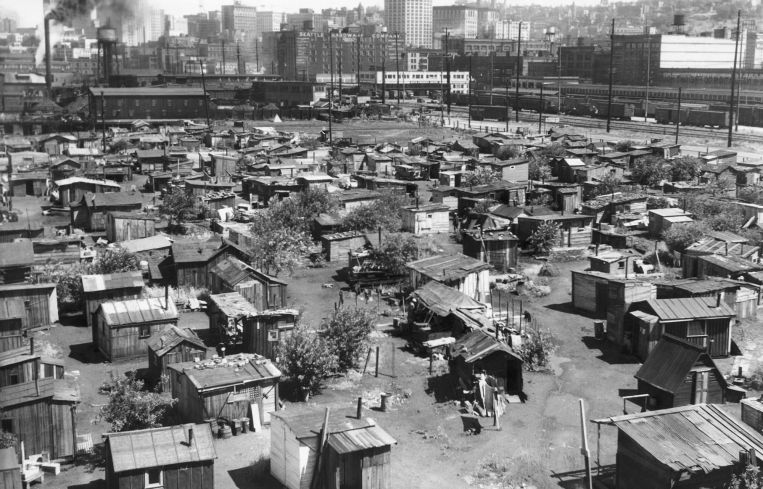Suddenly, Washington’s a Much Bigger Factor for Commercial Real Estate
By Tom Acitelli May 13, 2025 7:00 am
reprints
“In Washington right now, March madness is not focused on the NCAA basketball tournament,” Jeffrey DeBoer, CEO of the powerful lobby The Real Estate Roundtable (and No. 90 on our list), told Commercial Observer a couple of months ago.
That was before Donald Trump’s Liberation Day on April 2, when the president announced sweeping tariffs on imports from just about every country. Trump would walk back or postpone much of that day’s announcement — but not before it wreaked havoc on stock and bond markets, and as a result generally mucked up the once-sunny 2025 forecasts for many commercial real estate players on this year’s Power 100 list.
“With the volatility and potential tariffs, it’s going to be harder and harder to develop larger buildings,” CBRE’s Doug Middleton (No. 88) said.
Commercial real estate is normally more concerned with state and local government. That is to be expected with its control of myriad zoning, construction and property tax policies. Yet, here came the federal government in big, big ways in just the past few months.
Perhaps the biggest way was through the so-called Department of Government Efficiency (DOGE) led by Elon Musk (No. 10 on our list). DOGE has upended the relationship between CRE and its largest tenant, the federal government, shredding leases and selling buildings.
Then there is the Trump administration’s efforts to re-privatize mortgage market giants Fannie Mae and Freddie Mac. The move could free up a lot of capital for much-needed housing, but it could also push mortgage rates higher.
Speaking of rates, the president himself has picked a highly unusual public fight with Federal Reserve Chairman Jerome Powell (No. 26). Trump, who originally nominated Powell for the Fed role, says the central bank head is not lowering benchmark borrowing costs enough.
Then there are smaller things. Trump and congressional Republicans are mulling changes to caps on state and local property tax deductions for federal taxes — aka SALT — and changes to corporate deductions for the same things — C-SALT. And, just this May, Trump called — via a social media post — for draconian tariffs on foreign-produced films in a bid to jump-start an anemic domestic showbiz industry struggling with unused soundstages and other vacant creative spaces.
Some of these changes might indeed prove boons to CRE. All of them, though, add up to that most dreaded of circumstances in the business world: uncertainty.
The fallout is real in an industry that would otherwise keep federal policy back of mind. A survey of CRE finance professionals specifically, released in April, showed eight in 10 pessimistic about 2025 due to uncertainty from tariffs, DOGE’s cuts and more.
“Everybody’s looking at tariffs with huge concern,” said Larry Silverstein, who’s been in the CRE industry since the 1950s and is No. 36 on our list. “What’s going to happen, how it’s going to affect different projects — it’s hard to prognosticate at this time.”
Tom Acitelli can be reached at tacitelli@commercialobserver.com.



